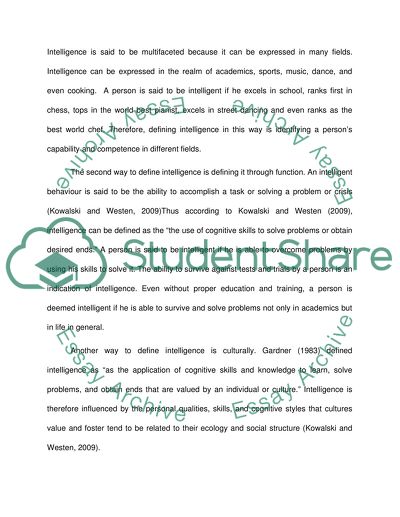Cite this document
(“Intelligence Psychology Essay Example | Topics and Well Written Essays - 1250 words”, n.d.)
Retrieved from https://studentshare.org/psychology/1428814-intelligence-paper
Retrieved from https://studentshare.org/psychology/1428814-intelligence-paper
(Intelligence Psychology Essay Example | Topics and Well Written Essays - 1250 Words)
https://studentshare.org/psychology/1428814-intelligence-paper.
https://studentshare.org/psychology/1428814-intelligence-paper.
“Intelligence Psychology Essay Example | Topics and Well Written Essays - 1250 Words”, n.d. https://studentshare.org/psychology/1428814-intelligence-paper.


